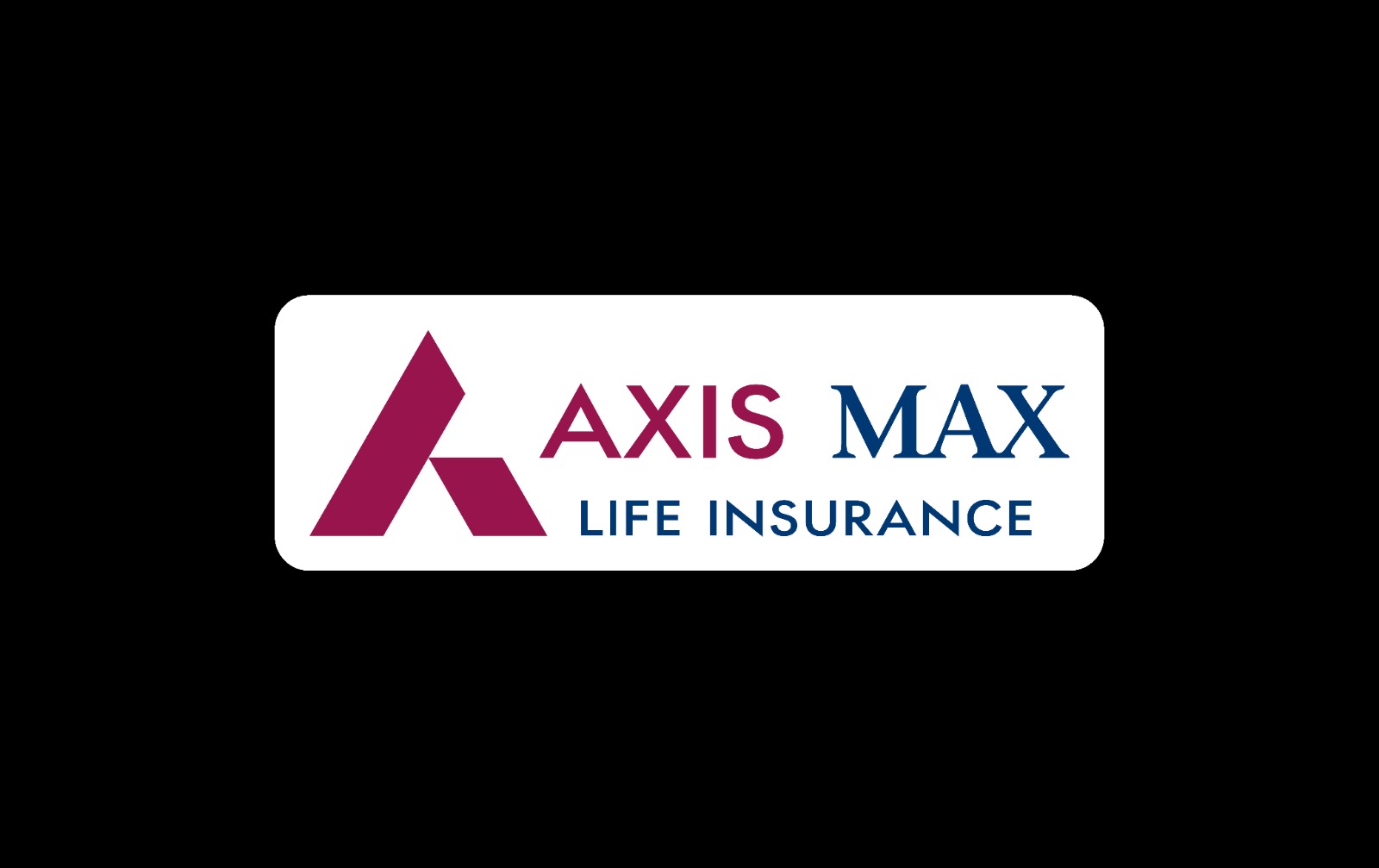Pune, November, 2025: Axis Max Life Insurance Limited (“Axis Max Life”/ “Company”), formerly known as Max Life Insurance Company Ltd. unveiled the findings for Western Zone of the fifth edition of its flagship retirement survey India Retirement Index Study (IRIS). The key finding show that the Western Zone of India is more retirement-ready than the rest of the nation, boasting a retirement index score of 50, which is two points higher than the national average score of 48.
IRIS is conducted in partnership with Kantar, the world’s leading marketing data and analytics company. It evaluates urban India’s retirement preparedness across a 0 to 100 scale. The score is determined by measuring readiness across three critical indices: financial preparedness, health preparedness, and emotional preparedness.
For West India, the IRIS score reflects a positive momentum in financial behaviour among the respondents. Life insurance continues to be one of the most recognised financial instruments in the region. On average, respondents now invest across several financial instruments, reflecting a trend toward improved diversification. Additionally, 91% of respondents plan their retirement based on recommendations from trusted sources such as family, financial advisors, and friends/colleagues, highlighting the strong advice-led planning culture in the West India.
Sumit Madan, MD & CEO Axis Max Life Insurance, said: “The findings from Western India signal strong positive momentum. The rise in retirement investing from 62 percent in 2022 to 72 percent in 2025, well ahead of the national trend, reflects a clear shift from awareness to decisive action. Retirement planning is becoming a socially endorsed norm rather than an individual choice. With 91 percent planning based on recommendations, and motivations tied to personal aspirations and family needs, decisions are increasingly shaped by trusted networks. This collective mindset creates substantial headroom for category growth as insurers engage more actively with recommendation-led ecosystems instead of relying solely on product-centric communication.”
Growing Health Confidence
Health preparedness continues to gain traction in West India, with the Health Index score rising from 42 to 47. A significant 79% of respondents believe they will remain healthy and fit during their retirement years, supported by a growing emphasis on routine wellness. Daily physical activity has risen sharply, with 45% claiming they engage in fitness practices almost every day a marked improvement from 36% previously. Additionally, ownership of health insurance has grown by 14 points, and health-positive behaviours such as using health apps and nutraceutical supplements are increasingly common. The adoption of wearable health trackers and supplements reflects a strong shift toward proactive prevention in the region.
Emotional Readiness Continues to Trail
Despite advances in other areas, emotional preparedness remains a sticking point. The Emotional Index for the region remains unchanged at 59, with 70% of respondents worrying about loneliness, 72% fearing dependence on their children, and 75% expressing concerns about environmental degradation impacting their retirement years. These figures echo findings from previous editions and underscore the need for greater emotional and lifestyle support as part of retirement planning.
Early Planning Mindset Gains Ground, But Long-Term Corpus Gaps Remain
Encouragingly, 58% of respondents in the West India now believe that retirement planning should begin before the age of 35, indicating growing urgency around financial preparedness. Among older respondents aged 50+, 61% say they would advise their younger selves to start investing early, reinforcing this shift. However, gaps remain when it comes to actionable planning. While three in four respondents believe ₹1 crore is the ideal retirement corpus, nearly half are unaware of how much they’ll actually need, and only 39% expect their savings to last more than 10 years into retirement. This disconnect highlights the need for more structured goal setting and guidance on corpus adequacy.










